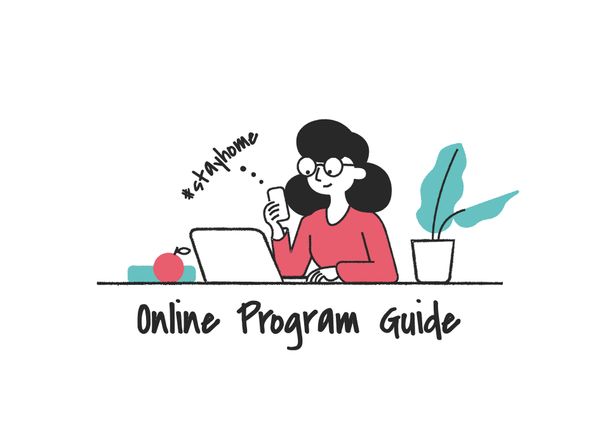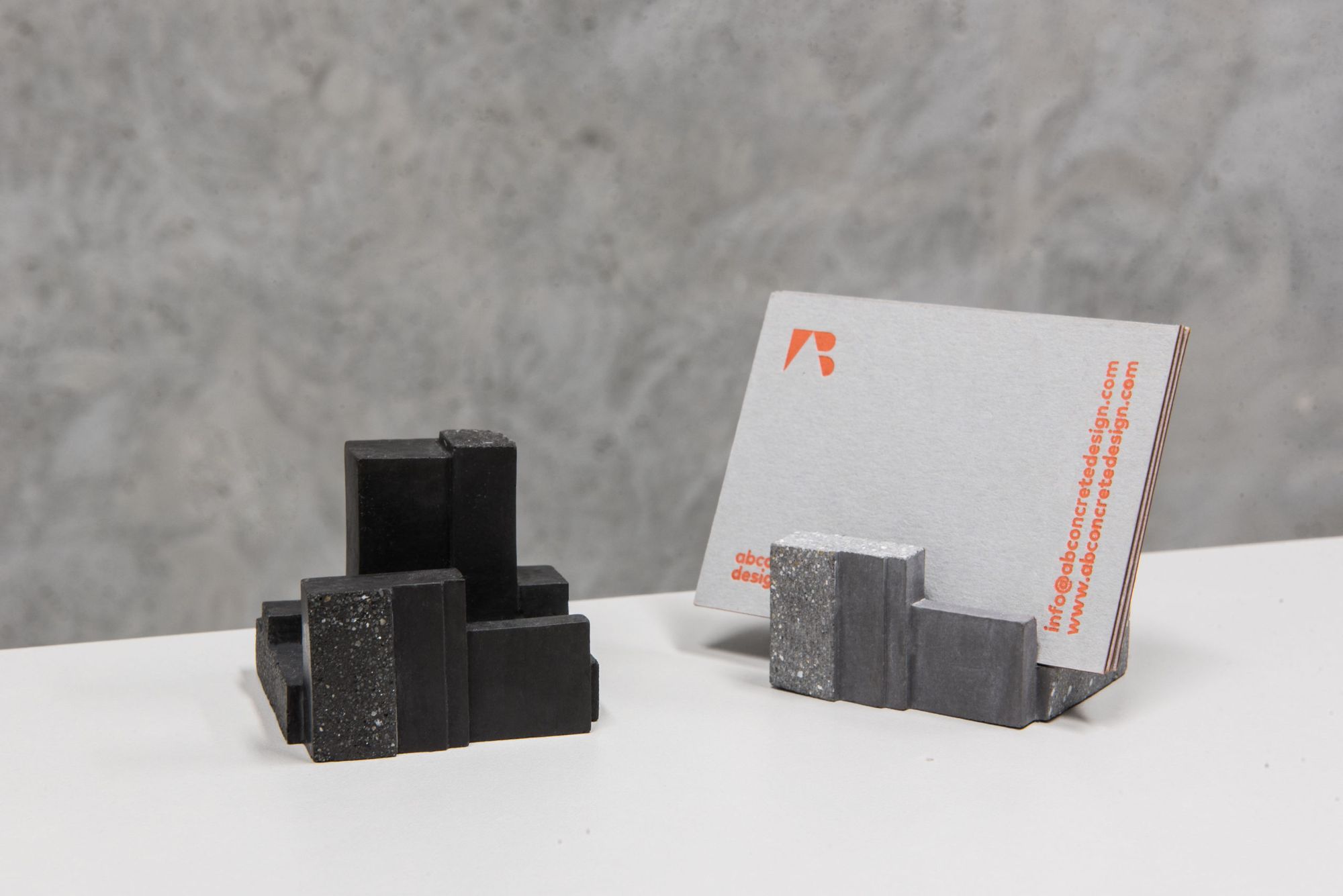The changes brought by the coronavirus also have a profound impact on the life of Hungarian design businesses. Everything that seemed to be working so far has been questioned and reevaluated either as a whole or just in part. How did the epidemic influence the life of Hungarian design undertakings? What decisions must designers make so that their brand can survive? Is there a “plan B”? The designers tell themselves.
Károly Boldizsár – Bomo Art Budapest
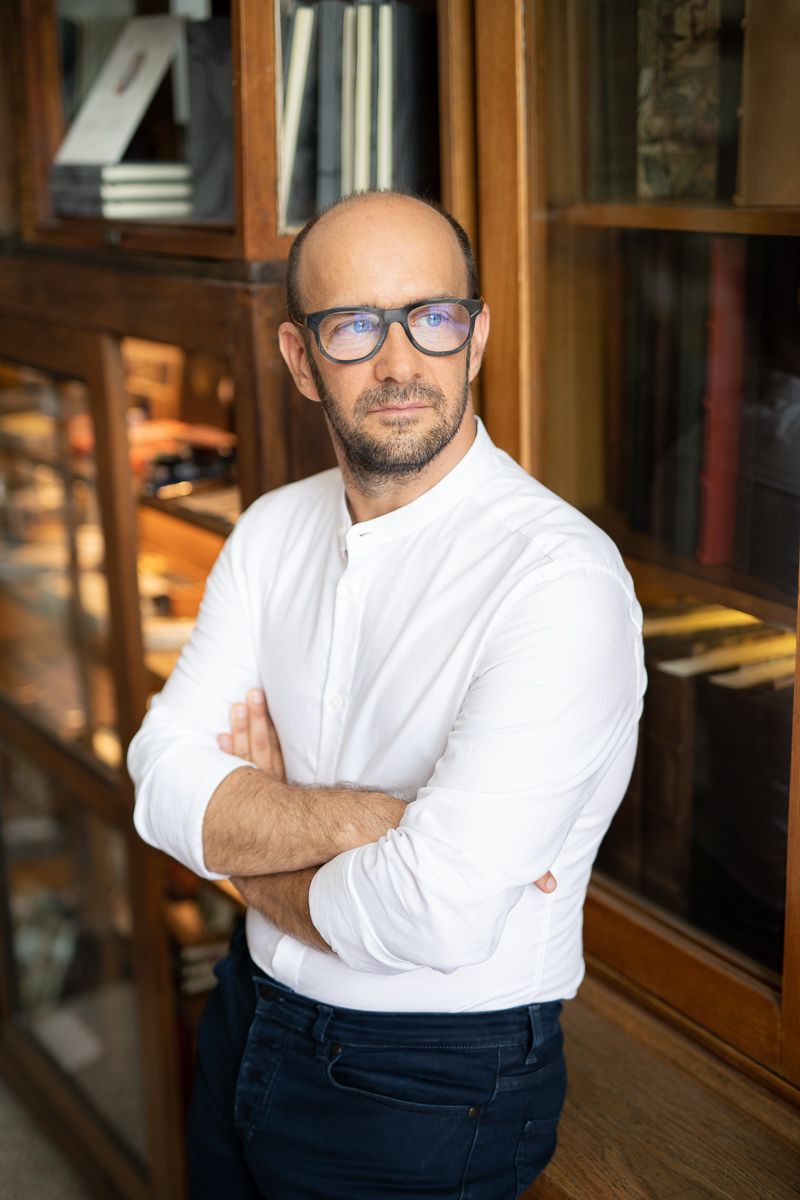
What did you think of the coronavirus first, how did you react? What changed later?
I think I got very frightened, the same as everybody. Or maybe we didn’t really take it seriously in the beginning, we planned a ski trip for early March. And then as the situation escalated, we cancelled the trip of course, and lost some money, but we were glad we didn’t get stuck somewhere abroad, because that’s what our concern was back then. Then when I started to realize how serious this was, and assessed how this was going to affect us economically, I really panicked…
How did the coronavirus affect your work? What (important and rapid) decisions did you have to make in relation to your brand that influenced your daily work and your upcoming projects?
It zeroed down completely. No, this is not entirely true, because our online store is still running, but the revenues are not sufficient for things to go like they did before. We had to close all three of our stores, so our revenues dropped to zero in these places, and our Hungarian and foreign distributors also don’t order anything. Half of my colleagues cannot do their jobs at all, since the shop assistants can’t work, there are bookbinder employees who commute from far away, and I wouldn’t want them to get on 3-4 vehicles each day.
Of course I have colleagues who can work from home, but the workshop cannot be taken home… Two colleagues of mine will hold the line in the shop as long as it’s possible.
The most important in this situation is to reduce costs. It’s all is very hard.. The costs must be reduced so that I don’t have to fire my colleagues, and so that I can still provide some salary to them. The worst in this situation is that nobody knows exactly what we should expect, how long this will last, everything is just hanging in the air, that workplaces are shut down and apparently no one does anything. But I have to highlight that the landlords of all three stores waived the rent. This is very moving, and I think we can only survive this by making gestures towards the other. We also waived or gave additional deadline to the distributors who were hit hard by the situation, I think this is only fair in this case.
Many people think of the situation caused by the coronavirus as an opportunity. What’s your take? What expectations do you have for the future?
I don’t consider this an opportunity at all. At least it’s not an opportunity for us in terms of business. Of course we are working on making all products that were not added to the online store visible in one way or another, but when thousands of people lose their jobs, when brands cease to exist, it won’t be people’s priority to order stuff from the internet. At least not if it’s not food… I don’t see the future positively, but we won’t give up. I try to see the situation realistically. To be accurate, I am not desperate – well, not anymore –, but it will be very hard to start it all again. I don’t want everything to go back the way it used to be “before”. I want everything to be much better. Not in a financial sense, but in terms of human relationships, if we could appreciate what we have and wouldn’t be dissatisfied all the time.
Anita Boldog – AB Concrete Design
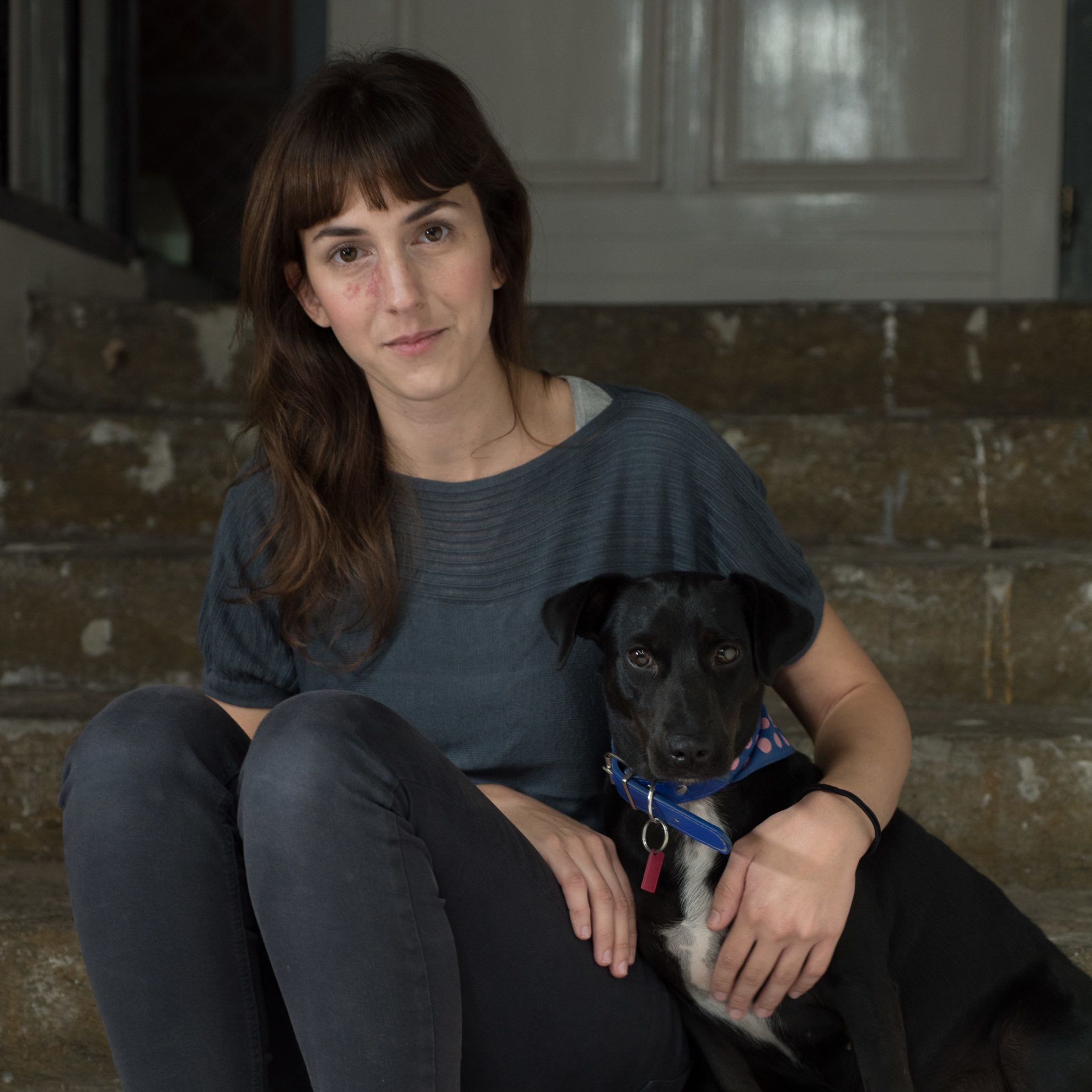
What did you think of the coronavirus first, how did you react? What changed later?
Personally I was quite shocked by the situation, I still couldn’t process it: I wake up almost every morning thinking that this all was just a bad dream. I don’t know how much time people will need to get used to their new way of life, but if I look at it objectively, I think the fact that everything slows down will have good impacts in the long run. There is a need for rethinking our everydays and priorities both on an individual and global level, and this situation provides a perfect opportunity. In addition, I wish we could survive this period with the less human loss possible.
How did the coronavirus affect your work? What (important and rapid) decisions did you have to make in relation to your brand that influenced your daily work and your upcoming projects?
We had an increasing number of foreign enquiries over the past years, and we were contacted with many projects in the beginning of this year, too, from all over the world, especially in relation to corporate event giftware. As the restrictions were imposed worldwide, these events were cancelled and a big part of the orders, too. As I followed the news, these decisions seemed more and more reassuring. I am happy that all leaders think about this in the same way everywhere in the world, as holding an event hosting several hundreds of people could lead to unforeseeable consequences in these weeks.
In addition, I switched to home office some time ago: I continuously work on being able to outsource the most work processes possible, this way the only change in m everydays is that I don’t personally meet anyone, or only for a minute. Previously I had my weekly schedule, the days on which I would go to the concrete workshop to take the finished products or to do tests, the days on which I would meet Anna, the brand manager to work together for some hours. Now we work remotely with everyone, the delivery and acceptance of finished products takes place in the parking lot in front of the house by meeting for a minute or by parcel post. This part is very difficult, I miss meeting the others in person and working in the same room very much.
Many people think of the situation caused by the coronavirus as an opportunity. What’s your take? What expectations do you have for the future?
I think of the upcoming months as opportunities by all means. I enjoyed the past years very much, because it is always exciting when we are contacted from a distant part of the world with a project. I love it when many things happen simultaneously, because one has to organize everything smartly and it also engages me intellectually, at the same time I didn’t have much time to rest since the brand exists. There are many tasks to be solved, new ideas and things to be developed that I didn’t have time for in the past period owing to the many enquiries. I have many ideas waiting for implementation in my head: to develop these, I need some piece and quiet and I need to concentrate inwards. I am happy that there will be less stimuli and everything will slow down, because this will be a perfect opportunity for creation. We will use our reserves for developing the brand, the products and ourselves, so that once this situation ends, we can continue our work with new impetus, new products and more professional services.
Gáspár Bonta – GASPARBONTA & Partners
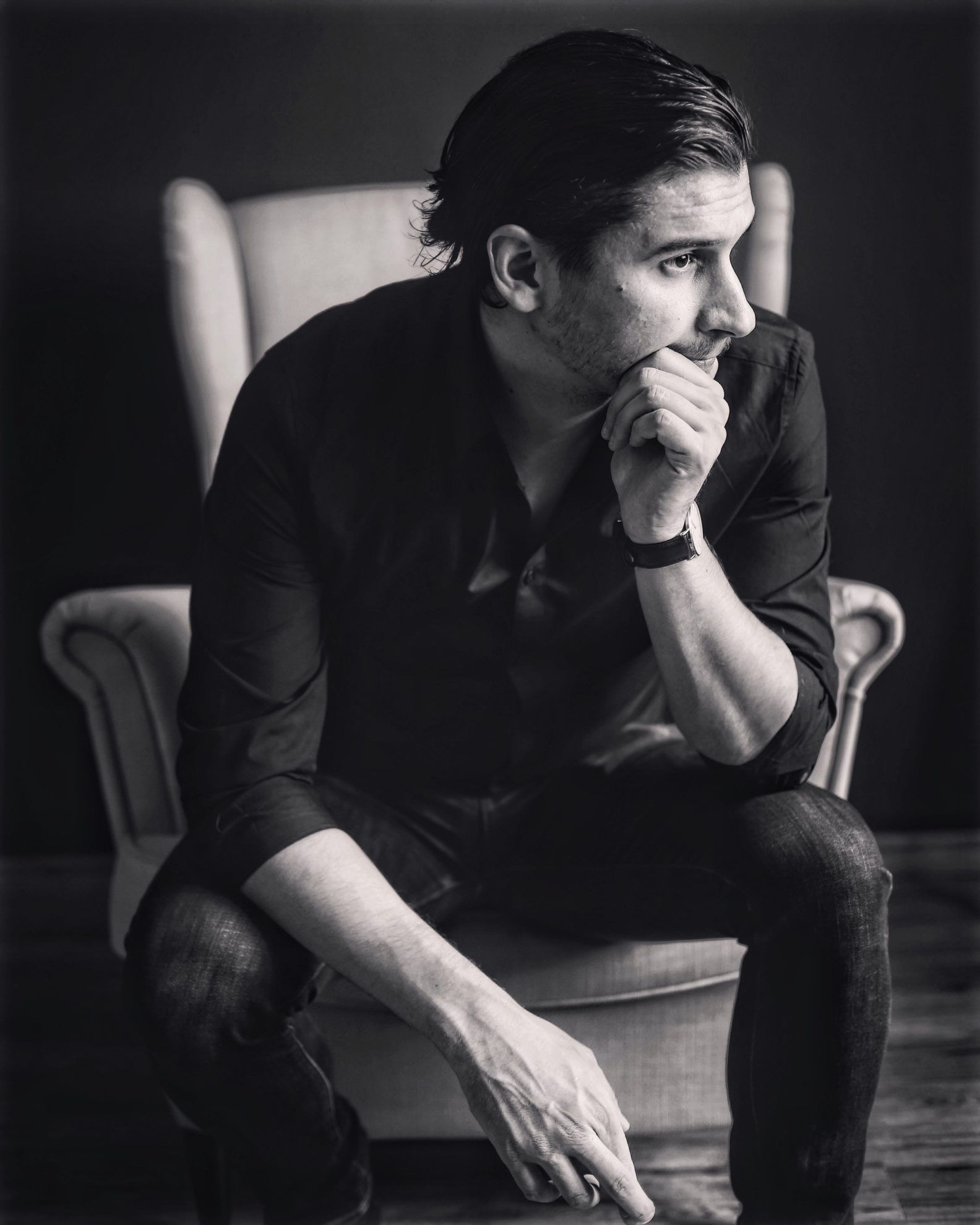
What did you think of the coronavirus first, how did you react? What changed later?
I have to admit, I was sceptic at first. I thought even based on the early news that this was an exaggerated phenomenon, that the spreading of the virus will be nipped in the bud and kept at bay. Then a friend of mine came home from Milan and told me that they are going to put the city and Lombardy on lockdown, and that the situation was bad. Salone got cancelled, or postponed to be more accurate (Salone del Mobile.Milano – the Ed.). At that point I started to realize that it was severe and that it kept coming closer.
How did the coronavirus affect your work? What (important and rapid) decisions did you have to make in relation to your brand that influenced your daily work and your upcoming projects?
When I realized the real risks, I went into voluntary quarantine, I switched to home office with the team, and did all this around March 14. Since then, there are no personal meetings, we do every task online. A large part of our ongoing jobs have halted for different reasons, starting from problems with procuring materials to hazardousness. The construction industry gets into this crisis from a quite good and strong position, and I forecast extremely severe consequences in the long run. I always tried to represent an energetic and positive mindset, so naturally I have plans for the future, and I am thinking about the solution, but getting to the level we were at the end of last year is a long way down the road.
Many people think of the situation caused by the coronavirus as an opportunity. What’s your take? What expectations do you have for the future?
This situation offers many opportunities. Not only in a professional, but in a human sense, too. Everyone gets some time to think about the past years and the direction they are headed to. I think this will have an impact on the professional side later on, and I hope a positive one. I would like to focus more on building a community, on the cohesion of our industry, and the long-term expectations of the same. I would like to involve related art branches into our everyday work more intensively and I would like to build more conscious projects and promote the use of Hungarian designers and materials, for example. Countless small ideas have evolved in my mind recently that can be all implemented hopefully once the crisis starts to fade away.
Nóra Demeczky & Enikő Déri – de_form
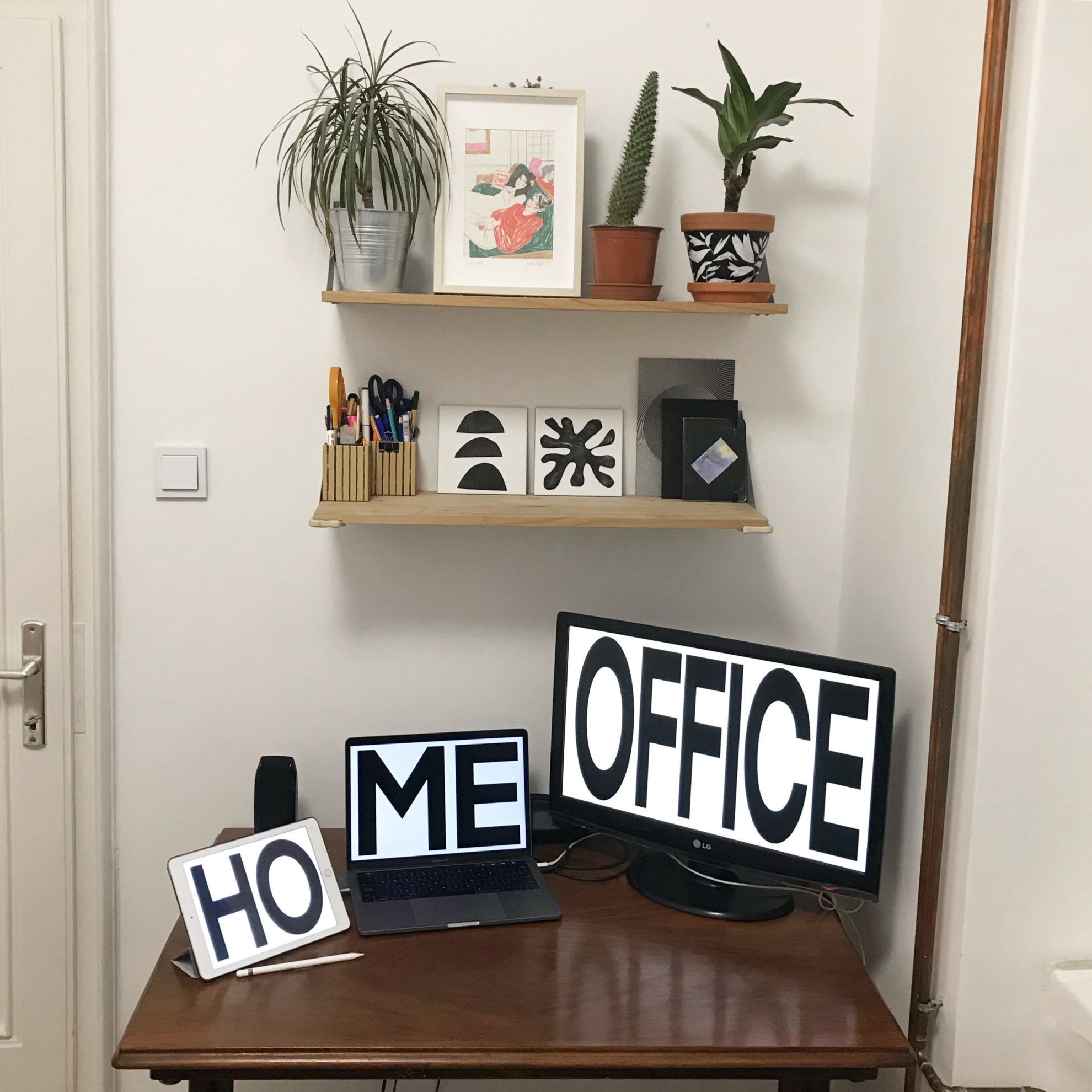
What did you think of the coronavirus first, how did you react? What changed later?
This is a difficult period for everybody, but we must accept the situation. We try to do everything we can. We have mixed feelings about what’s happening. On the one hand, it’s scary how quickly everything changed around us, and in the meantime it is obvious that people can adjust to new situations. As time goes by, what was incredibly difficult at the beginning will become easier later on. The most strange, of course, is that the possibilities of meeting in person have minimized, and so we have a lot of reorganization to do around us. Perhaps now a kind of system has been established and we try to continue our jobs and projects in the most optimal manner possible in light of the possibilities.
How did the coronavirus affect your work? What (important and rapid) decision did you have to make in relation to your brand that influenced your daily work and your upcoming projects?
This situation completely reframed our daily schedules, we were forced into home office, too (at least we are able to do it). Up until now, we spent a large part of our days sitting next to each other, now this has been replaced by online contact in 100%. We also had to change our methods, as we cannot take part in the tiny work phases of each other as we did before. But we think everything can be solved. Luckily we use everything on the cloud so there are no problems in terms of who works on what and when. Many of our projects were cancelled (e.g. images of exhibitions, cancelled events) and unfortunately it can be felt that we get much less inquiries since the outbreak. However, our plan is to keep working and we are available for new projects of course!
In addition, the desire to create freely also emerges in us from time to time, as we can use the time spent outside previously in other ways, for other things. We must strive to shake up monotony: we must put opportunities, ideas and plans into focus that were out of attention before for one reason or another, or that didn’t exist in our minds yet. During the lockdown, for example, we launched a project that entertains us very much: you will find it under the name @de_form_days on Instagram. We realized that since we have been in lockdown, almost every day seems the same and people never know what they it is (including us). With our project, we aim to help people remember with the help of typographic images. The peak of the project was when one of us started to design the image of the given day, and said to the other that “I will do Monday then.” And the other replied: “But it’s Tuesday already.” Our souls need these projects, and maybe other people smile at it too, or maybe they consider it useful. Our goal is to jolt people so that we don’t always focus on the sad tings.
Many people think of the situation caused by the coronavirus as an opportunity. What’s your take? What expectations do you have for the future?
The key for designers in this situation, and practically for everyone, is to adapt to the new circumstances. This makes us able to continue what we did before. We try to remain positive and patient with each other, with the world and with this unknown situation. It can be felt that people have slowed down a bit, maybe everyone starts to look at themselves, their circumstances, their lives from a different angle and maybe this will also influence their future way of life and our personal and designer mentality, too.
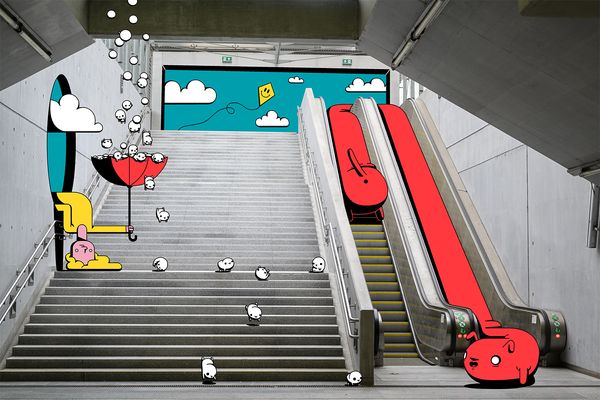
#stayhomecreative | Urban places
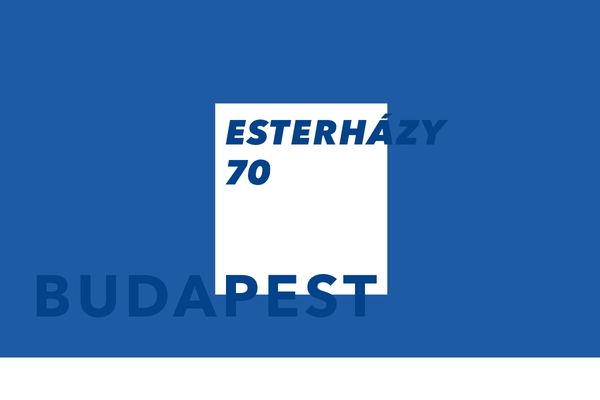
SQUARE-ANGLE – Péter Esterházy
